
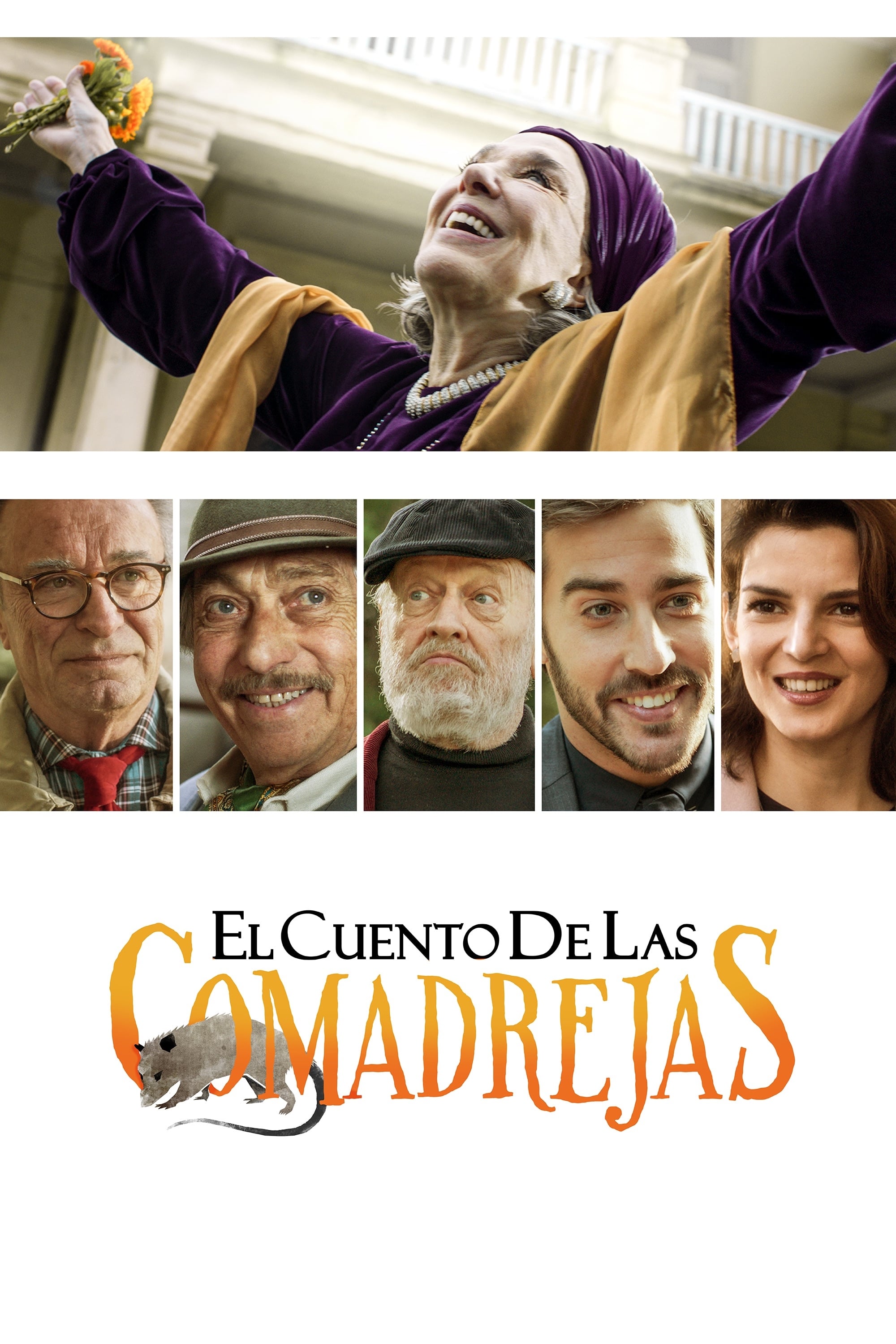
A group of old actors and filmmakers tries to resist the efforts of a young couple to kick them out of their mansion.
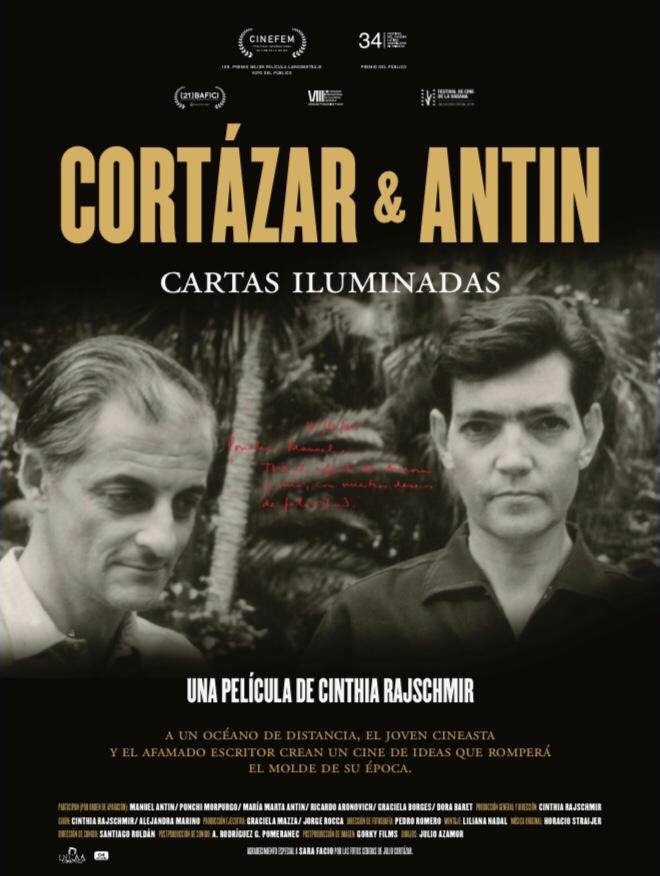
In the 60s and thanks to the epistolary exchange, the young filmmaker Manuel Antín and the famous writer Julio Cortázar devised four films. An ocean away, a fruitful collaboration and genuine friendship are born.
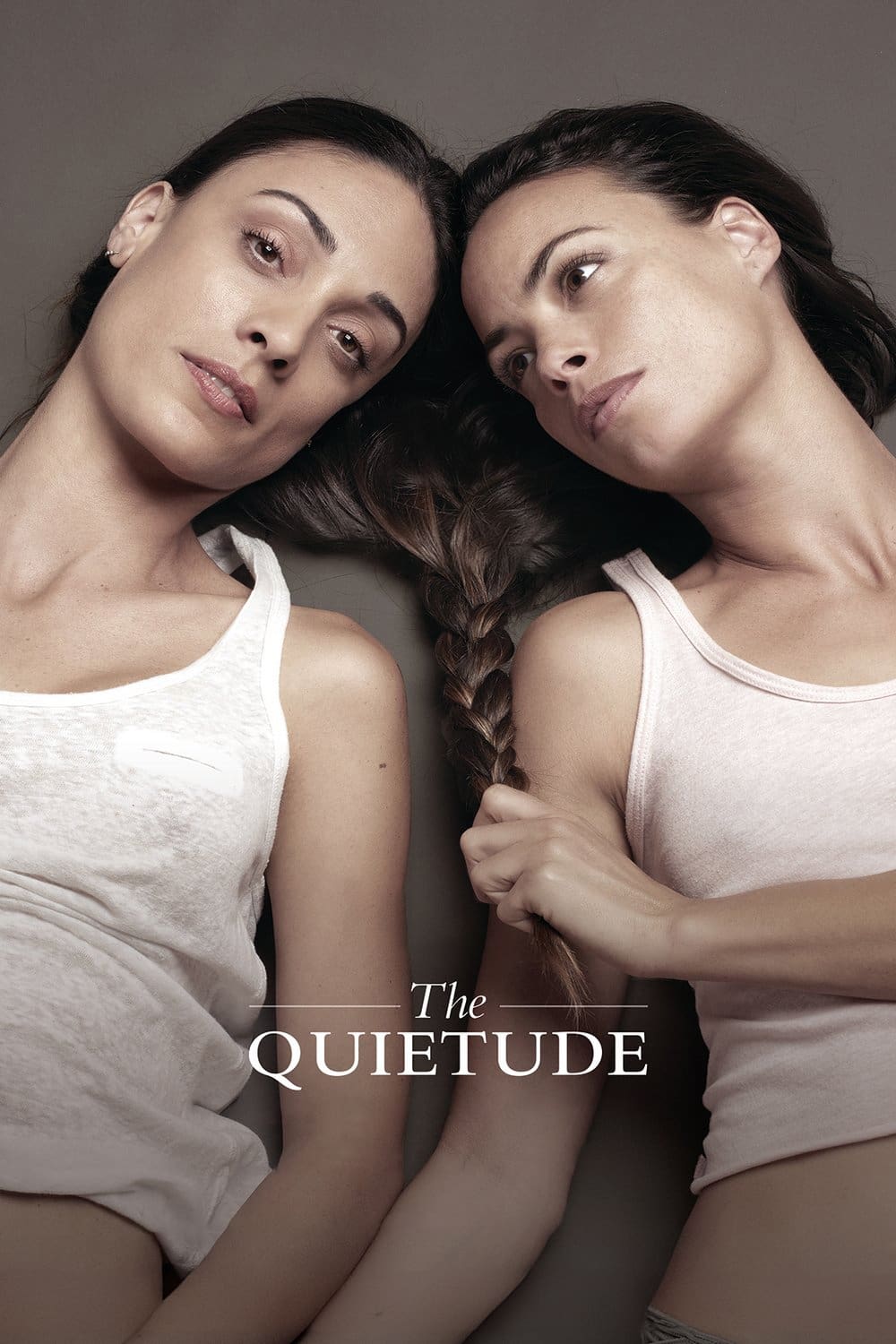
Against the backdrop of a military dictatorship, Eugenia is reunited with her estranged family following her father’s stroke and is forced to confront dark secret.

There are very few icons in Argentine culture capable of appealing to both popular and elitist tastes. Leonardo Favio was undoubtedly one of them. An unseasonable Peronist attached to the liturgy of his land, the director, born in the province of Mendoza, was and artist at every craft. a Renassaince man, but above all, a filmmaker. This is how "Favio: Chronicle of a Director" recaptures him, as a man of film who fed from radio, acting, music and painting in order to build up the handful of rhapsodies with which he adorned argentinean cinematography
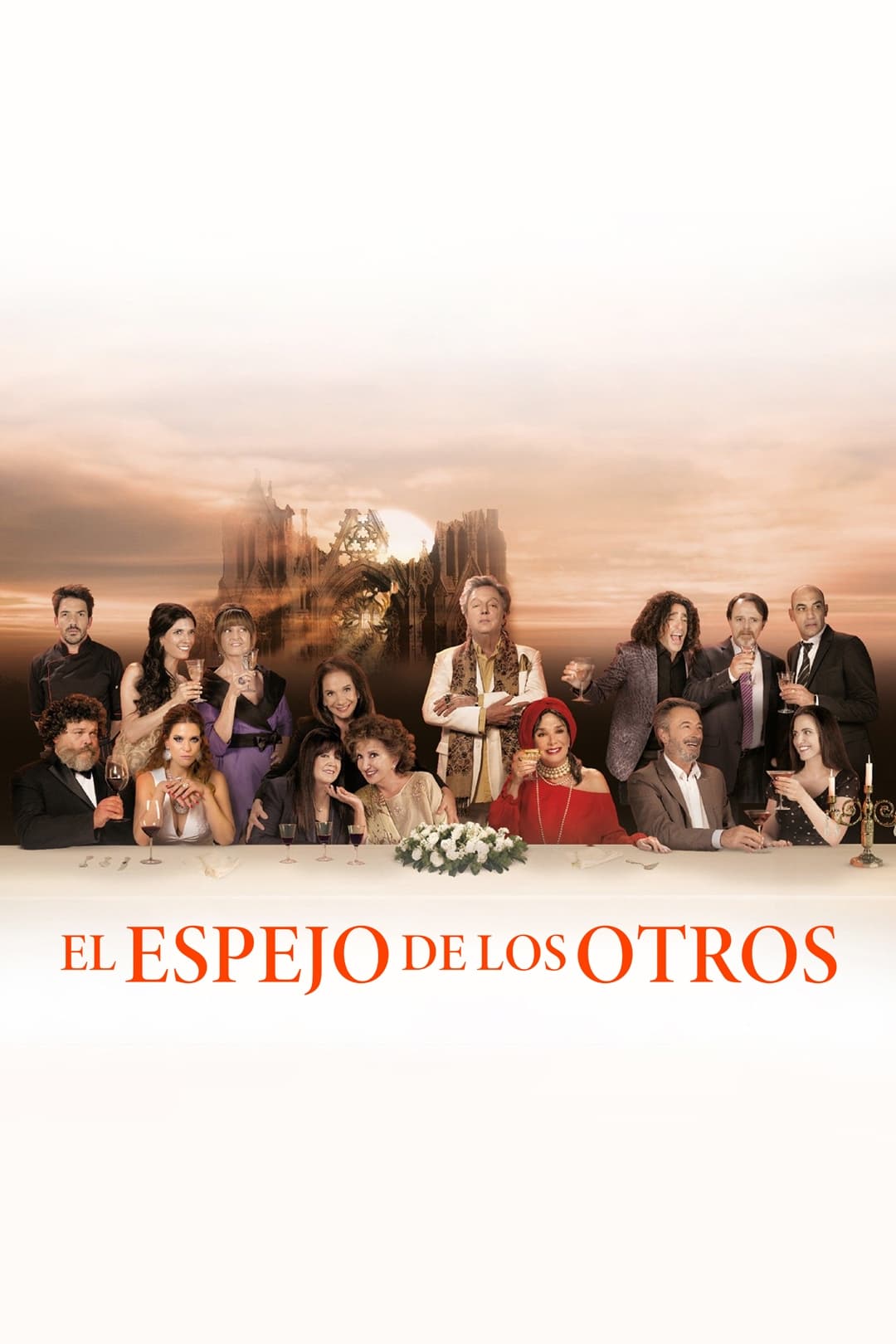
The Cenacle, a unique restaurant offers single-table work. In a ruined temple every night there is a last supper. Diners sitting at the table, define something important in their lives. Four stories plus the secret that bond the owners. Superb music.
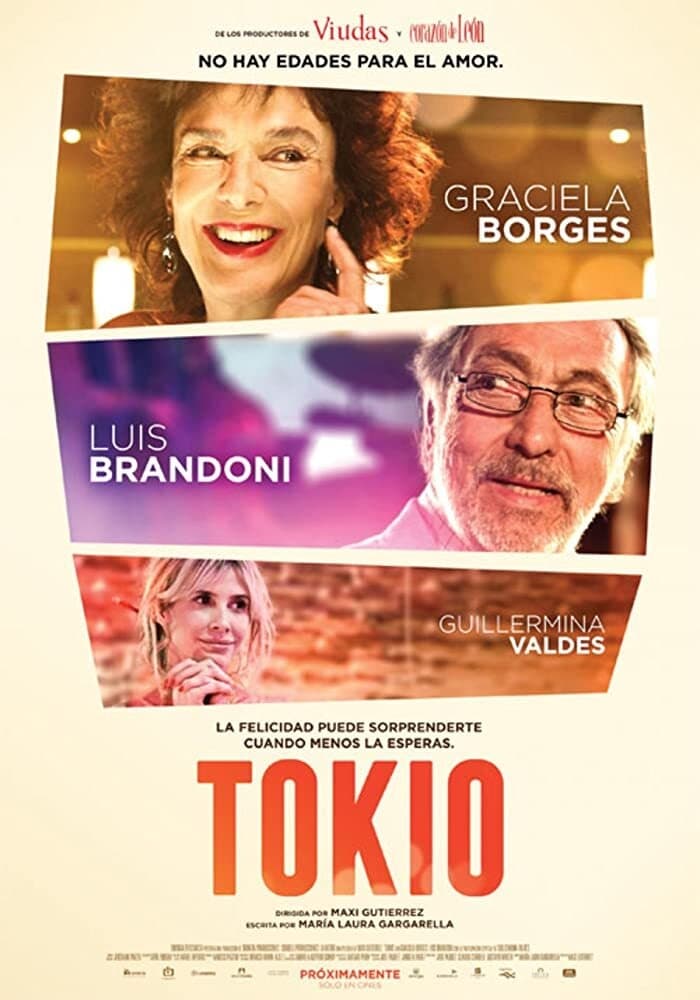
The story of two strangers who decide to overcome distance and loneliness, turning a casual meeting into an opportunity for a new beginning.

An art dramatic teacher, with melancholic eyes and some sort of charge over his shoulders, manages El Sotano Club by the nights, a comedy pub and gives comedy classes to other adult people by the day. All his life changes when he meets a very special student that breaks with all his schemas. Love, that strange thing.
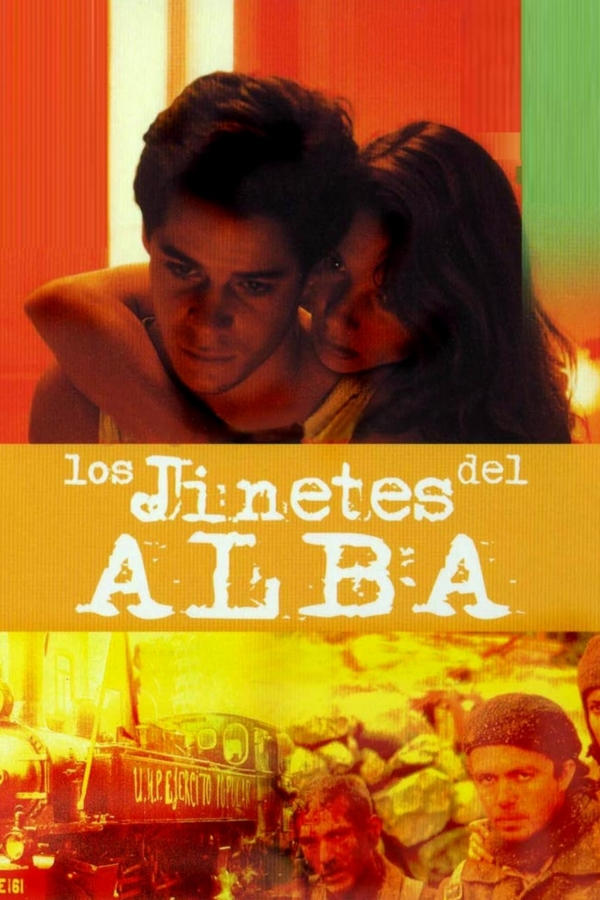
The inhabitants of Las Caldas, a village in Asturias, in northern Spain, whose life revolves around a sumptuous spa, trace complicated personal relationships while the whole country is inexorably heading towards revolution and civil war.
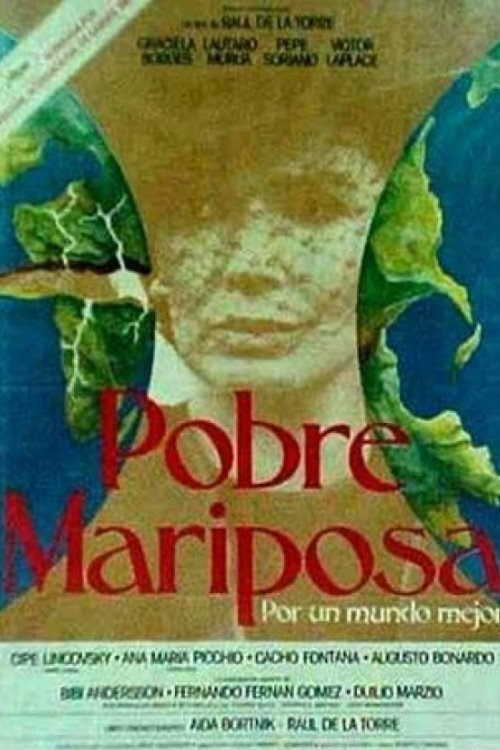
A turbulent era in Argentine politics is highlighted in this well-wrought drama, set in Buenos Aires at the end of 1945, about Clara (Graciela Borges), a young, half-Jewish woman awakening to the reasons behind the political conflicts of her time and place. Clara's father was a Communist who fought the Nazis in Argentina and possessed a list of the top Nazi exiles and their contacts. Through a former lover, Clara -- a successful broadcast journalist -- begins to see her Jewish roots (and the leftists) in a whole new light. Meanwhile, the political storms sweeping through Argentina are setting the stage for the Peronist government to come.
From Wikipedia, the free encyclopedia Graciela Borges (Spanish pronunciation: [ɡɾaˈsjela ˈβorxes]; born Graciela Noemí Zabala, June 10, 1941) is an Argentine television and film actress. Borges was born in Dolores. Having made her film debut at 14, she has acted in over fifty films and was featured in 2006 in Vogue Paris as "the great actress of Argentine cinema". She has been working in the Argentine cinema and television since her first role in the film Zafra (Sugar Harvest) in 1958.
By browsing this website, you accept our cookies policy.